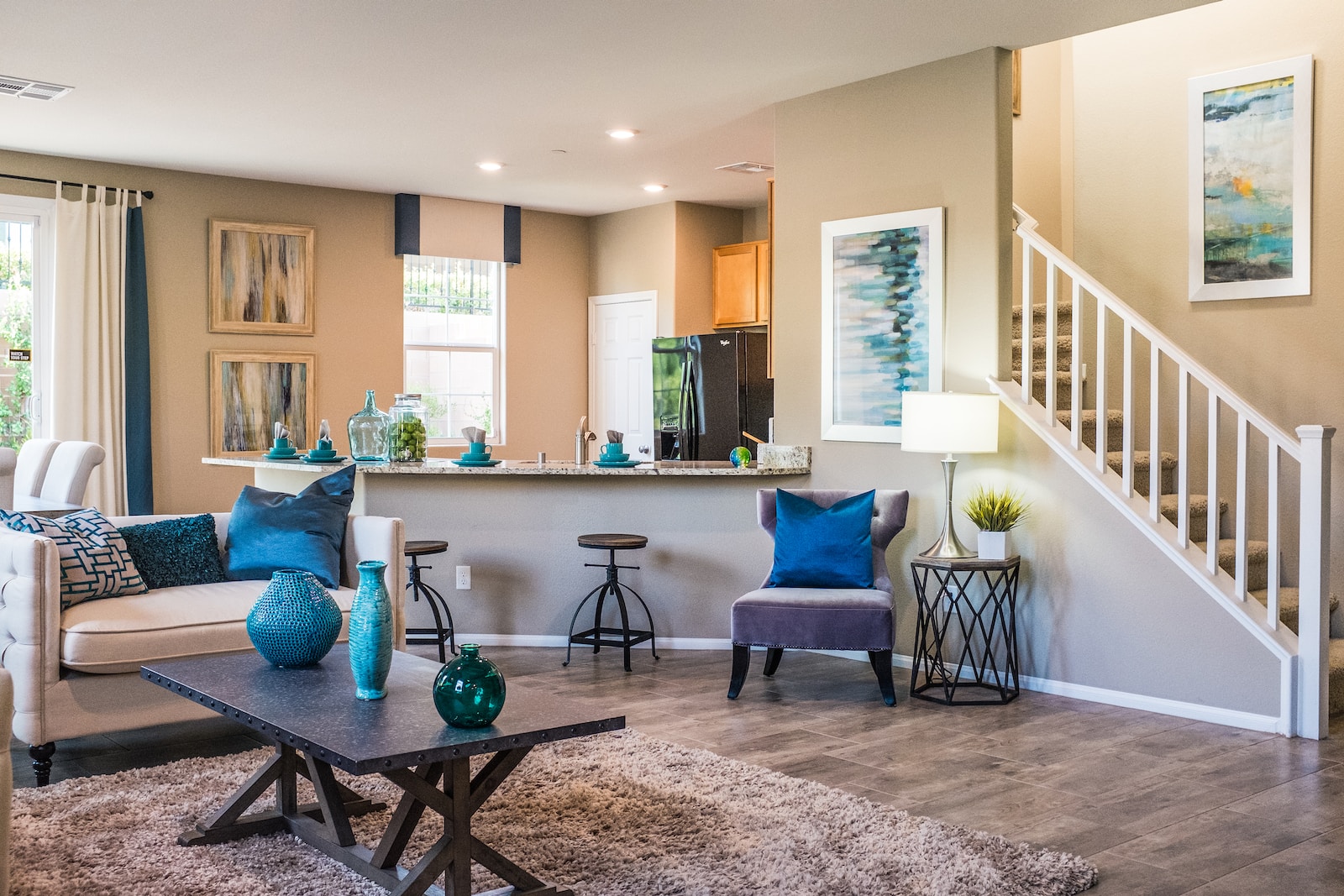When you’re a landlord, making sure you’re covered for all sorts of situations is key to keeping your investment safe. One big worry for many landlords is what happens if tenants stop paying their rent. Can landlord insurance help with this? Let’s break it down in simple terms.
What is Landlord Insurance?
Landlord insurance is a type of cover for people who rent out properties. It helps protect them from risks like damage to the building, loss of rent, and claims from tenants if they get hurt. This insurance is different from normal home insurance because it covers things that matter to landlords.
For example, if a flood damages your property, landlord insurance can help pay for repairs. It can also offer legal cover if you have to deal with tenant disputes. In simple terms, it’s a way to make sure you don’t lose money if something goes wrong with your rental property. It’s a smart choice for anyone who rents out a flat, house or other type of property.
Rent Protection Insurance: A Closer Look
Rent protection insurance is a special type of cover for landlords. It steps in to help if tenants stop paying their rent. This insurance means you can still get money even when the rent isn’t coming in. It’s very helpful during tough times, like if a tenant loses their job and can’t pay the rent.
This insurance doesn’t just cover missed payments; it can also help with legal costs if you need to take action to get the rent paid. Getting this insurance is a smart move for landlords. It gives you a safety net, so you’re not out of pocket if things go wrong. In simple words, rent protection insurance keeps your rental income safe and gives you less to worry about.
Policy Details: What You Need to Know
- Coverage Limits: Each policy has a cap on how much it pays. This means there’s a maximum amount of money you can get for unpaid rent or damage. Make sure this cap covers your needs so you’re not short on funds if you need to claim.
- Exclusions: Some things aren’t covered. For example, wear and tear to the property won’t be paid for. Knowing what’s not included helps you understand where you might need extra cover or need to be more careful.
- Claim Process: How you claim is important. Most policies require you to report an issue quickly. They’ll tell you how to do this. Make sure you know the steps so you can act fast if something happens.
- Costs and Deductibles: You’ll pay a regular amount for your insurance, and there might be a deductible. This is the bit you pay yourself when you make a claim. Lower deductibles can mean higher regular payments, so think about what works best for you.
Choosing the Right Cover
Choosing the right cover for your rental property is key. Start by thinking about what risks you face. Do you worry about unpaid rent or damage to the property? Maybe you’re concerned about legal costs. Once you know your main worries, look for insurance that covers these things.
Compare different policies, but some insurance companies will offer loss of rent options. Look at what they offer and how much they cost. Pay attention to the details, like how much cover they provide and any extras, such as legal protection. Don’t just go for the cheapest option. Make sure it gives you the protection you need.
Talk to insurance companies or brokers if you’re unsure. They can help explain the details and suggest the best cover for you. Remember, the right insurance gives you peace of mind. It means you’re ready for the unexpected and can keep your rental business safe.
In Summary
To wrap it up, standard landlord insurance may not cover unpaid rent, but rent guarantee insurance does. This extra cover protects landlords from the financial hit of unpaid rent, offering stability and peace of mind. It’s vital to pick the right policy that matches your needs. Choosing the right insurance ensures your rental investment stays secure against unforeseen challenges.



